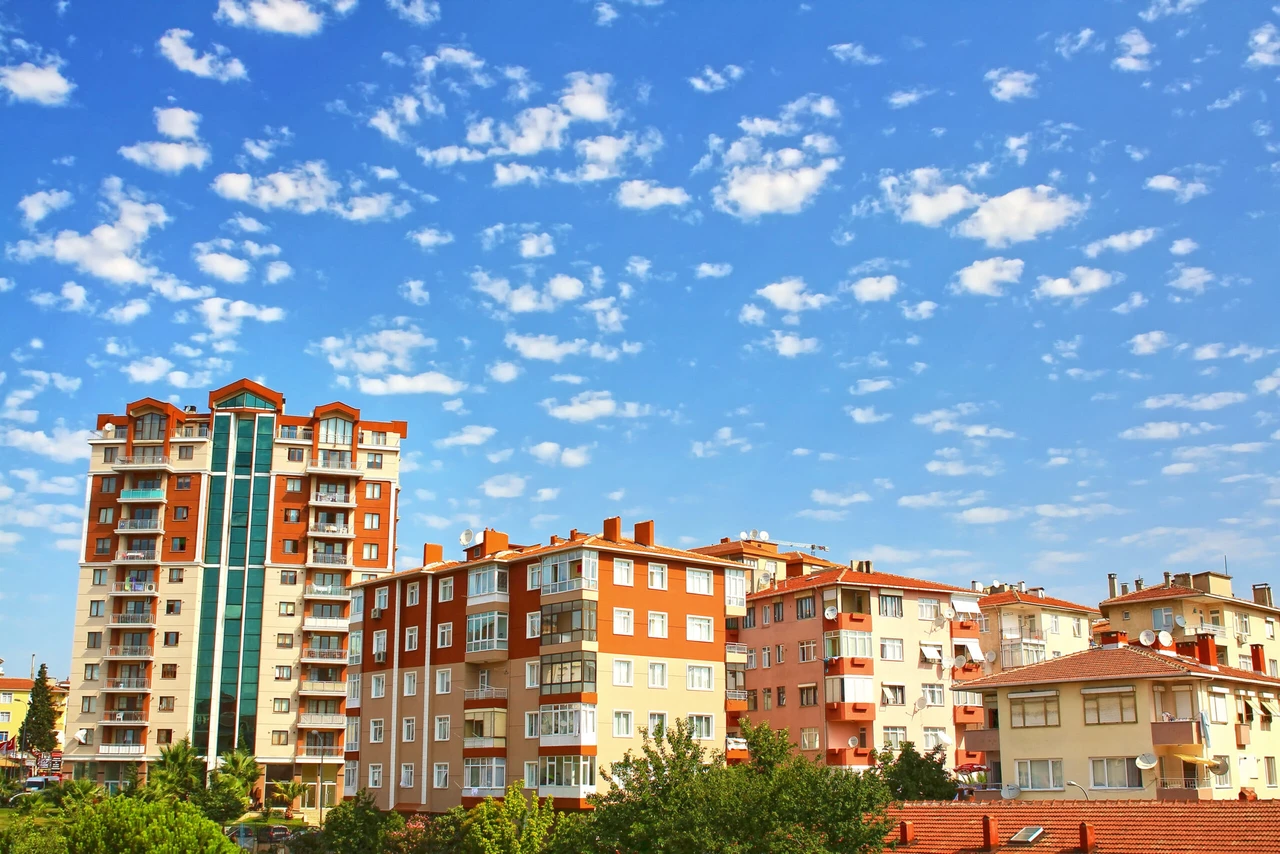Barcelona’s plan to phase out Airbnb and tourist apartment rentals by 2029
 The Airbnb logo is seen on a little mini pyramid under the glass Pyramid of the Louvre museum in Paris, France, March 12, 2019. (Reuters)
The Airbnb logo is seen on a little mini pyramid under the glass Pyramid of the Louvre museum in Paris, France, March 12, 2019. (Reuters)
Barcelona, a vibrant hub of tourism and culture in Europe, has announced ambitious plans to phase out tourist apartment rentals by 2029 in a bid to alleviate its housing crisis.
Mayor Jaume Collboni, addressing reporters on Friday, unveiled the city’s strategy to halt the renewal of licenses for 10,101 short-term rental apartments currently listed on platforms like Airbnb and Homeaway.
“The city cannot allow such a large number of flats to be used for tourist activity at a time of difficulty of access to housing and when the negative effects of tourist overcrowding are obvious,” Mayor Collboni emphasized, highlighting the strain tourism has placed on Barcelona’s housing market and the broader community.
Starting from November 2028, existing licenses for these short-term rentals will not be renewed, marking a significant shift in Barcelona’s approach to managing its housing resources amidst soaring rental costs and property prices.
Collboni underscored that the proliferation of tourist rentals has driven up rents by 68% and house purchase costs by 38%, exacerbating what he termed as the city’s “biggest problem.”
Barcelona joins other major European cities like Berlin and Paris in grappling with the impact of home-sharing platforms on local housing availability and affordability. The move to phase out tourist rentals reflects broader concerns that such platforms deprive locals of long-term rental options and contribute to gentrification pressures in urban neighborhoods.
Former mayor Ada Colau, renowned for her housing activism, had previously implemented measures to curb tourism’s impact, including freezing new licenses for tourist apartments and restricting new hotel openings in popular areas.
Despite these efforts, Barcelona continues to draw increasing numbers of tourists, drawn to its iconic architecture, museums, and Mediterranean beaches.
Local sentiment against over-tourism has gained traction, with advocacy groups planning a demonstration on July 6 under the rallying cry “Enough! Let’s put a stop to tourism!” This protest mirrors similar movements in other Spanish tourist destinations, reflecting a growing backlash against the perceived negative consequences of mass tourism.



